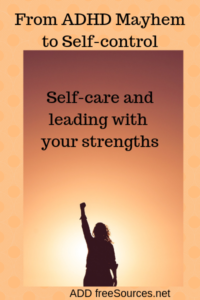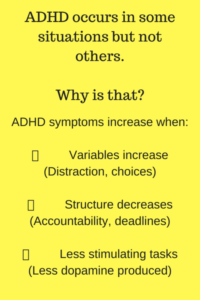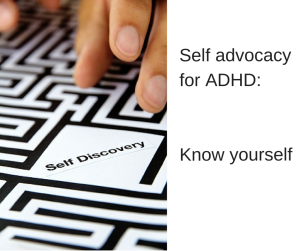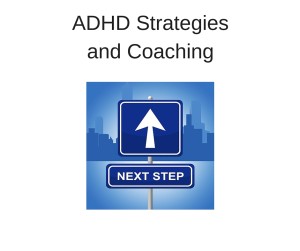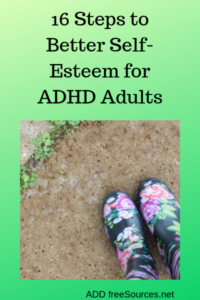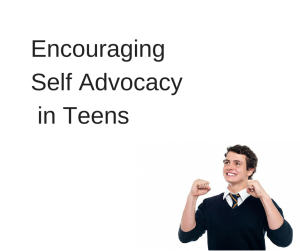Welcome to Fall everyone,
Love the weather, but I’ve still got a lot of home repair and yard work to finish up. It’s like going back to school after a long vacation. I’m getting ready by setting boundaries that protect my time and energy to let me focus on the upcoming projects. I’m also breaking down the entire list to tackle one project at a time and rewarding myself each step of the way.
Fall can be a difficult time difficult for parents and children with ADHD in the family as well. Returning to school brings increased pressure for all family members. Moving ahead without undue stress is a matter of attitude and strategies to inspire action.
I am convinced that for children, understanding ADHD and how it impacts their life is one of the best ways to learn what they need to increase their well-being. For information as well as a bit of fun, see my Kids ADHD Page – Things to read, do and watch. For parents, parent coach Dianne Dempster writes about using self-care for better self-control of parenting skills in Four Things Every Successful Super-Mom (and Dad) Knows! Finding a way to support yourself in being the kind of mom you want to be is what is important.
.Managing ADHD is Possible
ADHD pioneer Russell Barkley, Ph.D. explains, “First, we must understand that most ADHD management is not a problem of knowing what to do. It’s a matter of doing what we know.”
In her mini-workshop for teachers, ADHD educator and advocate Mary Fowler describes in detail many specific tools to help children “do what they know” through simple support techniques. See Increase On-Task Performance for Students with ADHD.
“External scaffolding is needed – like developing habits and routines, getting comfortable with transitioning between activities, strategies for starting and finishing projects as well as controlling one’s emotional responses.”
“What you need to know about Attention Deficit Disorder:
- Accept that supports may be needed across the lifespan of a person with ADHD.
- Interventions have to happen in the here and now on an as-needed basis.
- *** The strategies ONLY work when they are used.”
The Art of Thriving with ADHD
For adults with a late diagnosis, Thriving with ADHD follows many of the same principles. You may be surprised to know that they aren’t so much about productivity for its own sake but more about how you are feeling about yourself. They are as much about accepting your unique personality quirks and gifts as they are about learning strategies to overcome your difficulties. Author Kari Hogan says, “Take advantage of your strengths. Identify what you’re strong in and find ways to do more of it. When you realize “you’re a natural” at something, this is almost always an indication that you are playing to your strengths… “Surround yourself with people who can embrace your differences and who accept you for who you are and for what you are not.” See Tools for Discovering your Strengths for ideas on how to use your strengths to meet your challenges and advocate for yourself. Kari’s strategies are outlined in 16 Steps to Better Self-Esteem for ADHD Adults.
- “Your first step is STRUCTURE.
By creating structure, each day, you’re giving yourself a reason to wake up and get out of bed! - The second step echoes the first step. Set up a daily to-do list. This will give you a sense of accomplishment (it gives you a reason to be proud of yourself).
- Step 3. FOCUS on your good qualities….”
Community
ADHD communities are extremely supportive and a wonderful place to learn about your diagnosis and what to expect. “When you feel lost and alone, it’s comforting to know that others get it. … My best teachers have been people like me.” Support groups have been a vital part of my own treatment plan. It’s easier to recognize strengths in others than in yourself. Members of my “ADHD tribes” have helped me recognize many talents that I had discounted because of my difficulties in other areas. An online community will do, but meeting in person or through a video Zoom connection is even more powerful. See our sections on Finding Support for ADHD and Options to Personal ADHD Coaching for help discovering your own “safe place.” For an amazing feeling of community, you might want to attend the 2019 International Conference on ADHD in Philadelphia, PA. Save the date! Thu, Nov 7 – Sat, Nov 9 – (Earlier sessions for professionals begin Thu, Nov 6.)
That’s it for this month. Remember, focusing on organization and productivity tools can only get you so far. Self-care, self-awareness, and self-acceptance are the keys to self-control and finally being able to bring our lives into order.
Take care,
Joan Riley Jager
Photo by Miguel Bruna on Unsplash – Title photo created on Canva.com

